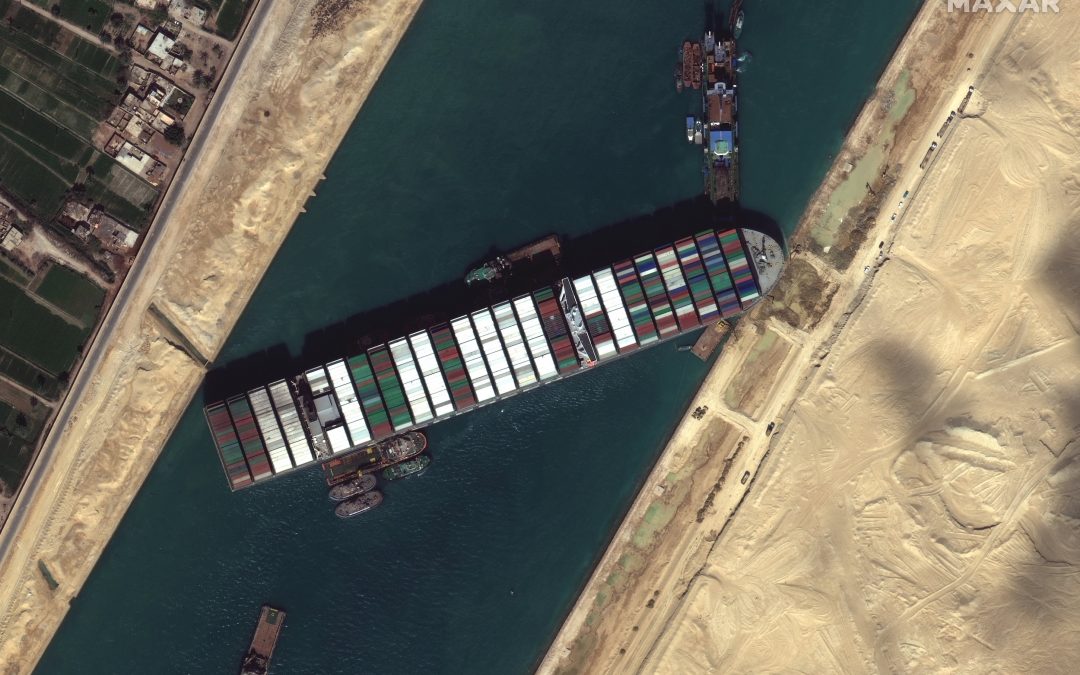The Suez Canal Authority has urged shipping companies to resume using the key Egyptian waterway connecting Asia and Europe, citing receding safety concerns amid a halt to Yemen-based Houthi rebel attacks.
In a statement Jan. 30, the SCA said its chairman Ossama Rabiee met representatives of 23 shipping lines, including Mediterranean Shipping Co. and A.P. Moller-Maersk, and asked them to start sending ships back to the canal.
“The current situation in the Red Sea region is witnessing positive indicators that show stability returning to the region,” said the SCA, calling on the companies to modify their schedules “for the return of maritime navigation back to its normal course.”
Houthi militants claimed to have attacked more than 130 ships in the Red Sea and the Gulf of Aden after the Israel-Hamas war broke out in October 2023, prompting many ship operators to steer away from the region in favor of longer routes around Africa — a development that supports bunker fuel consumption and freight rates.
With many ship diversions, oil transits via the Suez Canal, which connects the Red Sea and the Mediterranean, dropped to 3.9 million b/d in 2024 from 7.9 million b/d in 2023, according to S&P Global Commodities at Sea.
The rebel group has been ramping down attacks in recent months as the war drew to a conclusion. The last Houthi incident occurred on Dec. 2, 2024, according to the Joint Maritime Information Center.
On Jan. 19, the Houthis pledged to cease attacking ships passing through the Red Sea, except for those flagged in Israel or wholly owned by Israeli companies or individuals.
Navigational hazard
A Hong Kong-flagged feeder container ship caught fire in the Red Sea on Jan. 28, but the JMIC concluded that Houthis were not behind the incident.
Still, there have been worries over a navigational hazard as the 1,930-TEU ASL Bauhinia was left adrift after the crew was rescued by nearby ships. Dubai-based Emirates Shipping Line lists itself as the ship’s operator on its website. The company didn’t respond to emails seeking comment.
Most shipping companies have continued to use the Cape of Good Hope route for their Asia-Europe trades. Industry analysts expect normal traffic to only resume gradually in the coming months without further Houthi attacks.
Latest IMF PortWatch data showed the average daily ship transits via the Bab al-Mandab Strait at the southern tip of the Red Sea stood at 19 in the week ended Jan. 26, compared with the normal level of more than 70.
Source: Platts





